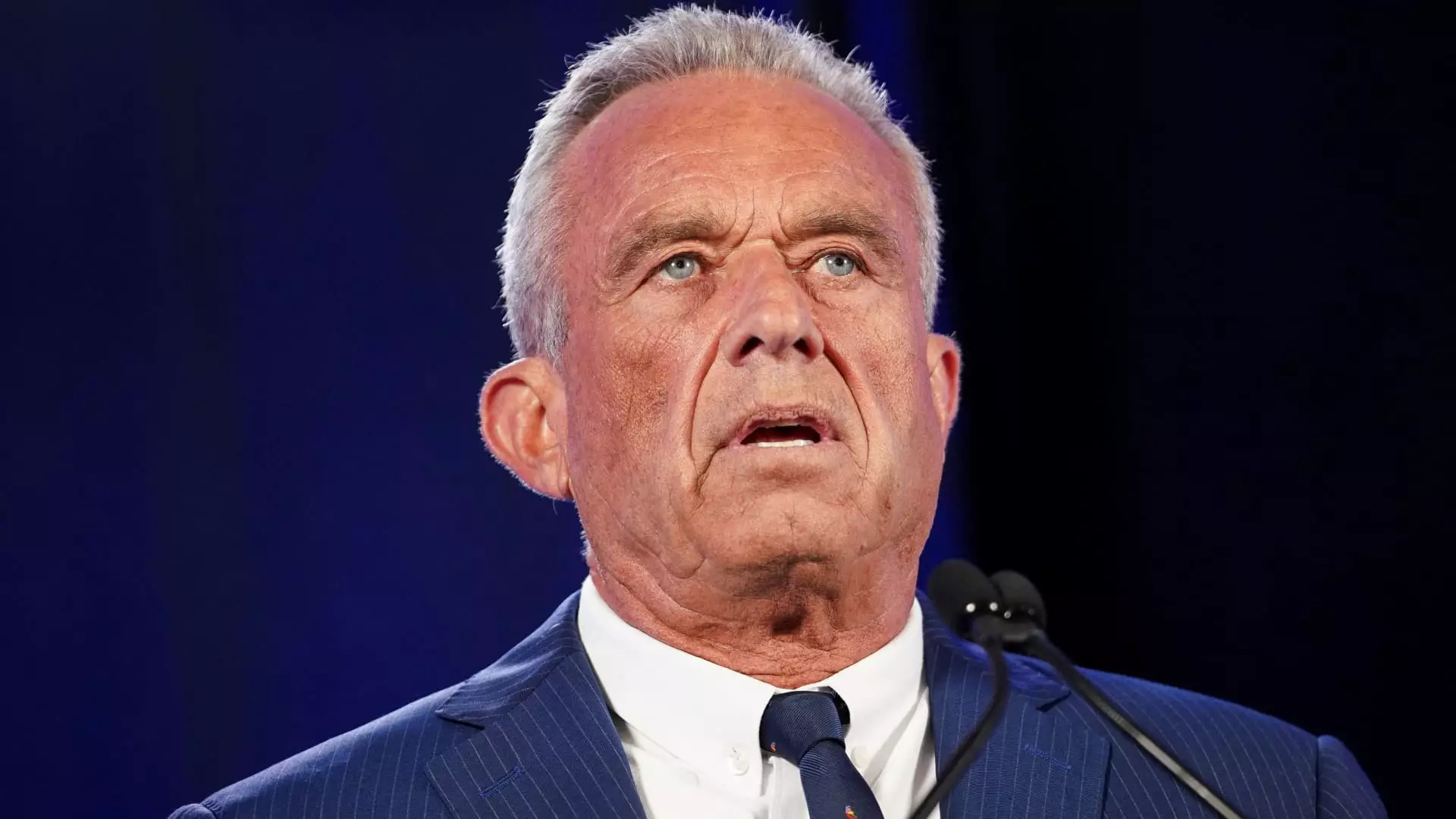Former independent presidential candidate Robert F. Kennedy Jr., who had suspended his campaign and pledged to support former President Donald Trump, found himself in the midst of a legal battle in Michigan. The state’s Supreme Court ruled in favor of Kennedy, allowing his name to remain on the ballot in November. This decision could have significant implications on the national candidacy of Democratic nominee Vice President Kamala Harris as she faces off against Trump in the upcoming election.
The Supreme Court’s ruling overturned the state’s Court of Appeals decision to remove Kennedy from the ballot, despite Michigan Secretary of State Jocelyn Benson’s objections. The majority decision by the high court indicated that five out of the seven justices supported keeping Kennedy’s name on the ballot. This move could impact the dynamics of the presidential race in Michigan, a swing state with 15 votes in the Electoral College, second only to Pennsylvania.
While the majority decision upheld Kennedy’s presence on the ballot, two justices, Brian Zahra and David Viviano, dissented. They argued that by keeping Kennedy on the ballot, the Secretary of State was denying voters a choice between actual candidates willing to serve if elected. The dissenters highlighted the potential national implications of the ruling, expressing concerns about the impact on the outcome of the presidential race.
The legal battles involving Kennedy extended beyond Michigan to states like Wisconsin and North Carolina. In North Carolina, an appeals court sided with Kennedy, preventing election officials from printing and mailing out ballots with his name. However, Kennedy’s request to remove his name from the Wisconsin ballot remains pending as a judge has yet to issue a ruling. The presence of Kennedy on the ballot in these states could influence the polling dynamics between Harris and Trump.
Kennedy’s decision to withdraw his name from ballots in some battleground states like Pennsylvania, Arizona, Nevada, and Georgia could have varying effects on the presidential race. While polling indicates that a two-way race in Georgia and Nevada may increase Harris’ chances, the presence of other candidates like Kennedy could alter the electoral landscape. The upcoming election will test the impact of minor party candidates on the overall outcome.
The legal battle over Robert F. Kennedy Jr.’s presence on the ballot in various states underscores the complexities of the presidential race. The decisions made by state courts and election officials could shape the dynamics between the major party nominees and potentially impact the outcome of the election. Voters in Michigan and other swing states will have to consider the implications of minor party candidates like Kennedy on the national political landscape.


Leave a Reply